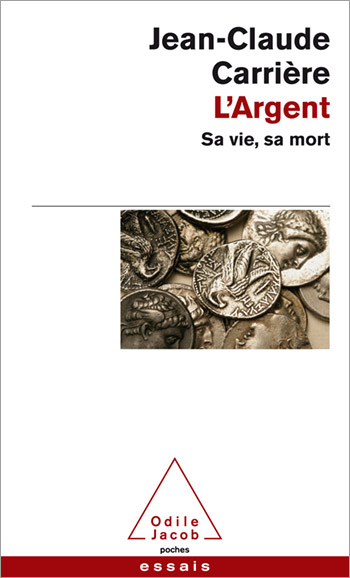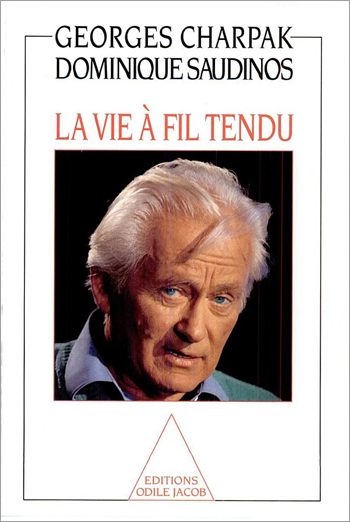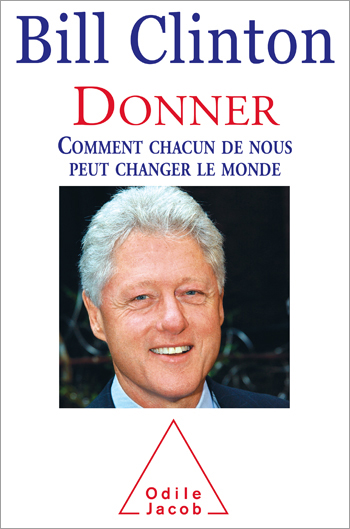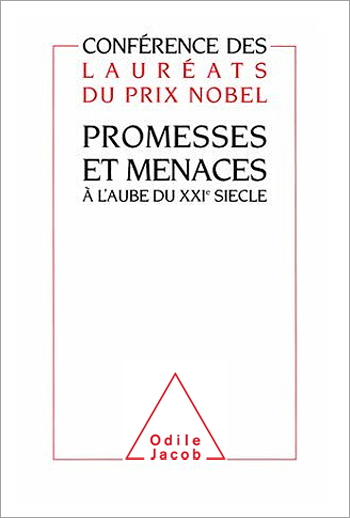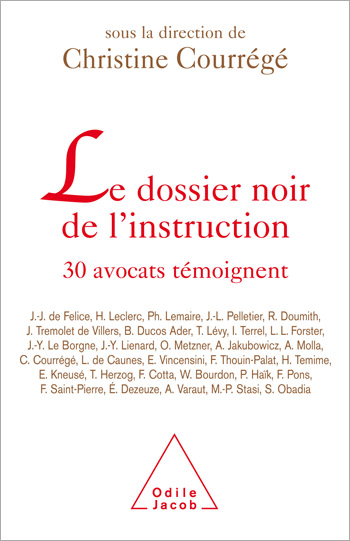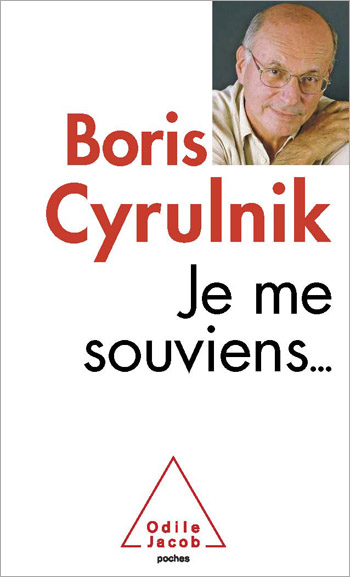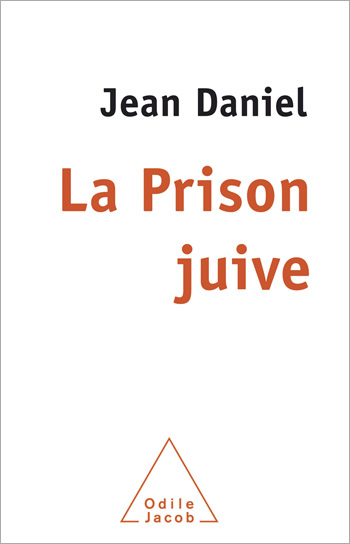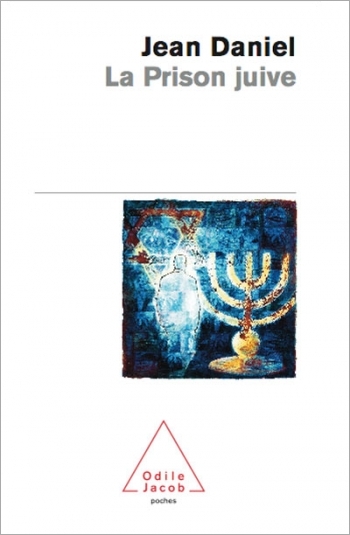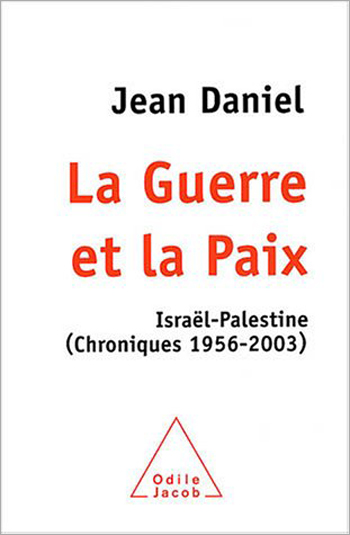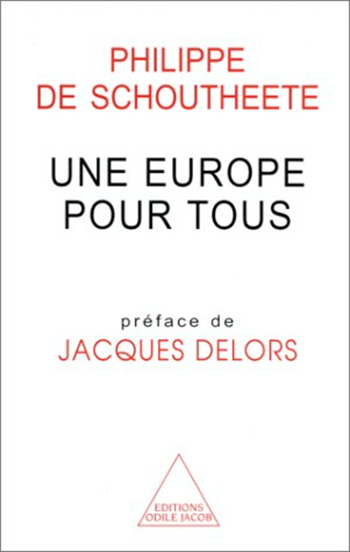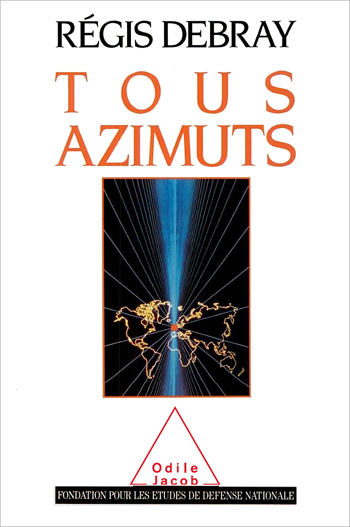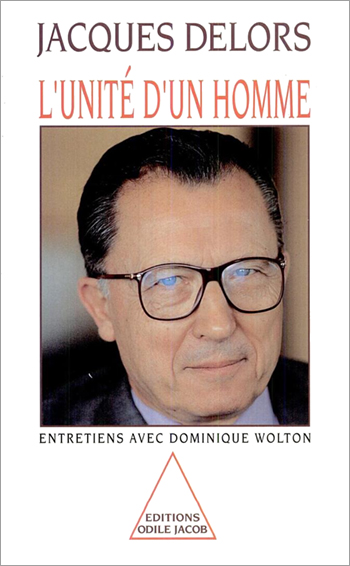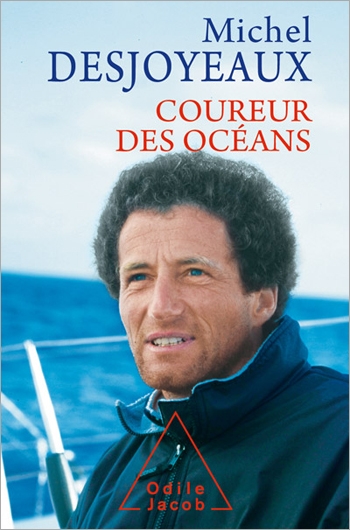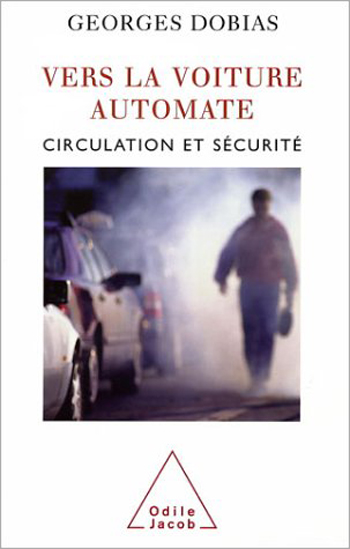Testimonials, News, Investigations All books
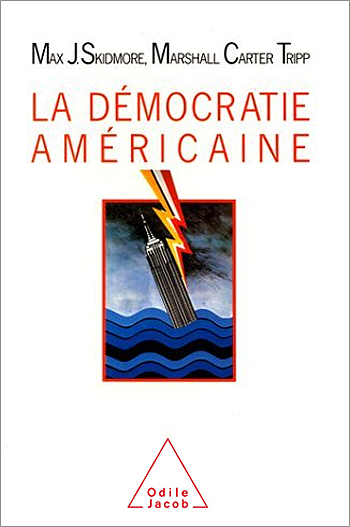
Max J. Skidmore, Marshall Carter Tripp
American Democracy
What do we really know about the United States? A superpower that fascinates for its success and irritates by its arrogance, this immense country is nonetheless an extraordinary political invention, a real laboratory of democracy. This book describes the functioning of the American regime, whose essence is that of being a perpetual creation.

Gérard Chaliand, Jean-Pierre Rageau
The Atlas of Diasporas
For the first time, a complete and global presentation, both historical and geographical, of diasporas. Sixty maps, many illustrations, and accurate syntheses help reproduce the great archipelago of exile, wandering and migration. From the authors of The Strategic Atlas, The Political Atlas of the 20th Century, and The Atlas of Europeans.
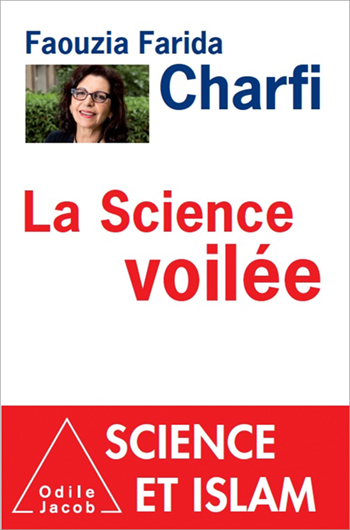
Fouazia Farida Charfi
Science Under the Veil
A vigorous defence of science combined with an appeal to Tunisians to look ahead and not turn their backs on the future
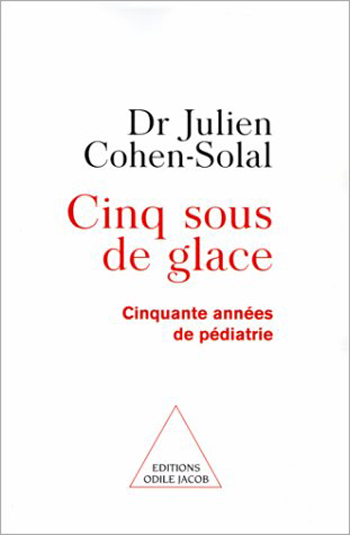
Julien Cohen-Solal
Cinq sous de glace Fifty Years of Pediatrics
Julien Cohen-Solal has made some of the greatest progress over the past several decades in France in understanding the needs of young children. After many of his books have become classics in the field and served as landmarks to many families, Cohen-Solal tells today of his childhood and adolescence in Algeria during the 30s and 40s, of his discovery of the Parisian post-war medical world, of the influences and discoveries that punctuated his education, and of relationships with parents and children that were important to him. Now is the occassion to celebrate fifty years of pediatrics in France, fifty years of scientific, clinical, and psychological advances.
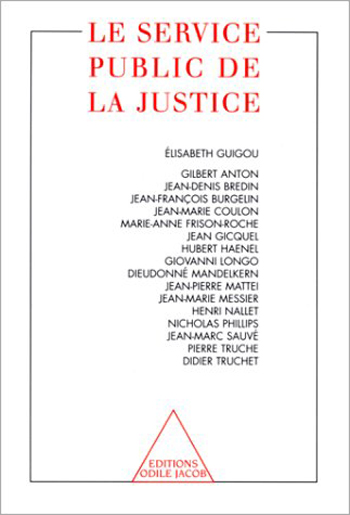
Collectif
The Judicial System as a Public Service
Should the judicial system be reformed ? This question is at the centre of lively debates. It is to institutions such as the chancellery, courts of law and magistrates, that it falls to forge the judicial system, the deliverer of order, equilibrium and social cohesion. However, these institutions seem today to be weak, both in terms of organisation, and in methods of recruitment. It is thus necessary that changes are made. This is especially so as the duty of the judicial system is to operate in such a way that all individuals remain citizens, by delivering them judgements in a reasonable timescale which are certain to be respected. In this respect, it is a public service. The objective of this book is to assess the forms and the effects of a decisive reform in order to benefit our society.
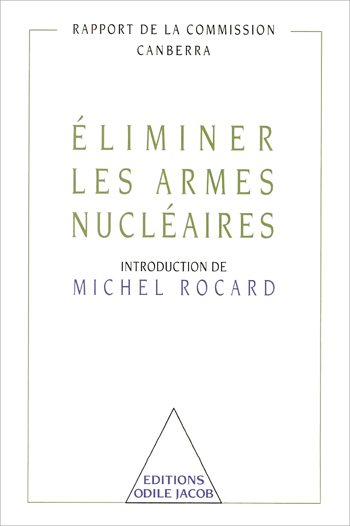
Commission Canberra
Eliminating Nuclear Arms
"Legally, politically and strategically nuclear arms have been reduced to a tiny number of marginal hypotheses and will soon be mere anachronisms. They have lost their justification, their reason for being. But they continue to represent a danger for humanity : they could be used by accident or by mistake due to the mistaken interpretation of another country's attitude. We must therefore do everything in opur power to eliminate them once and for all." Michel Rocard

Jean-Claude Cousseran, Philippe Hayez
Intelligence Handbook
For the first time, the real practice of intelligence comes in out of the shadows. Very timely issues, from the international fight against terrorism to cyberthreats and economic intelligence.
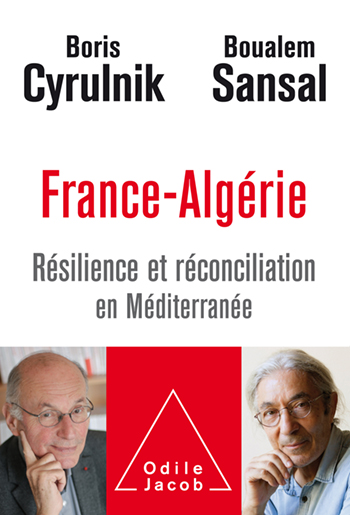
Boris Cyrulnik, Boualem Sansal
Resilience in the Mediterranean
The idea for this book was born out of a routine investigation into the revolution undertaken in February 2019 by young Algerians attempting to oust a corrupt government and replace it with true democracy.
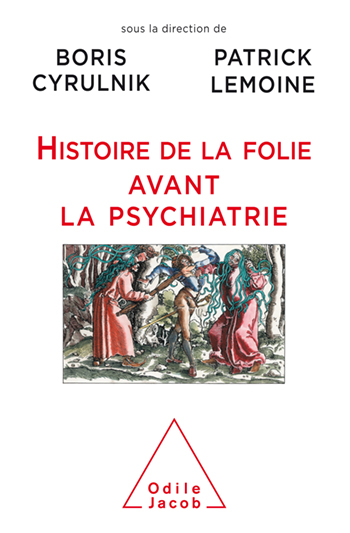
Boris Cyrulnik, Patrick Lemoine
Stories of Madness before Psychiatry
An original reflection on the future of the treatment of psychiatric illnesses based on its past mistakes.
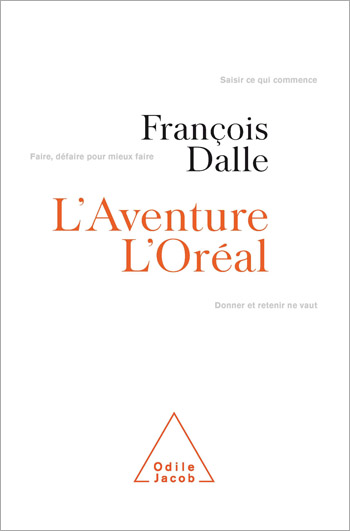
François Dalle
The L'Oréal Adventure
It is difficult to imagine that in 1948 L'Oréal was a small company operating mainly in France and in a few neighbouring countries. Over a period of 35 years, L'Oréal's annual revenue rose from $ 30 million to $ 3 billion. This book shows that money and classical management techniques played a minor role in L'Oréal's growth. For François Dalle the company's success can be explained by the wide acceptance by the staff to what he calls the "spirit of L'Oréal" : this is what enabled L'Oréal to diversify its activities, spread all over Europe, Japan and America and successfully manage the hard times of the 1970s and '80s. François Dalle managed L'Oréal from 1948, at first with Eugène Schueller, then as CEO, a position he held from 1957-1985.
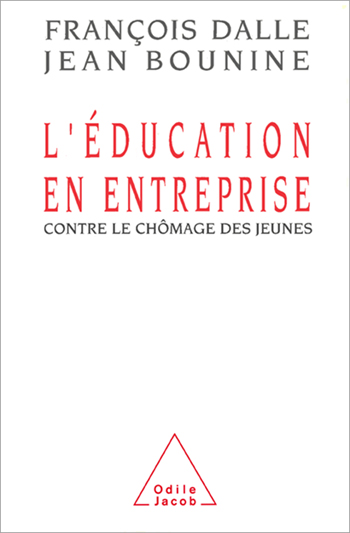
François Dalle, Jean Bounine
Education in Business Against the Unemployment of the Young
Each year in France, 250,000 young people come out of the education system without even a shred of a diploma. The German example and that of Japan shows that the work situation and economic performance are better when schools assure proper instruction and enterprise takes charge of paving the way to employment. François Dalle, President of l'Oréal from 1957 to 1984, and Jean Bounine, advisor to the general directors of this group, are the authors of a 1987 report on employment.

Sophie Delaporte
Saturday 22 August 1914 A Doctor at War
The bloodiest day in France’s history as it was lived by a doctor in the Great War
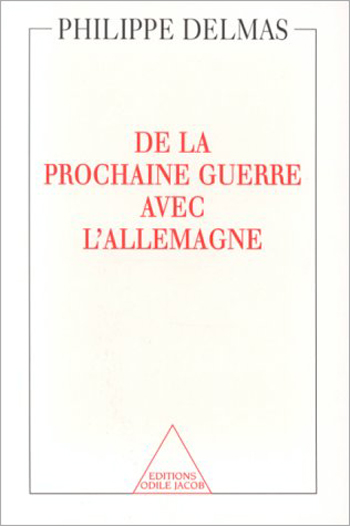
Philippe Delmas
Of the Next War With Germany
France and Germany are geographically close and yet so different. In this study of the two countries, the author examines French attitudes toward Germany, and wonders whether France will finally be able to rid itself of its traditional fears of its neighbour. Trapped by their anxieties and suspicions, torn apart by internal doubts, will France and Germany cease working hand-in-hand as they did during the Cold War and confront each other as opponents once again? Or will they seize the opportunity offered by European unification and finally learn to understand one another? This book provides the reader with athorough examination of the dilemmas facing both France and Germany.
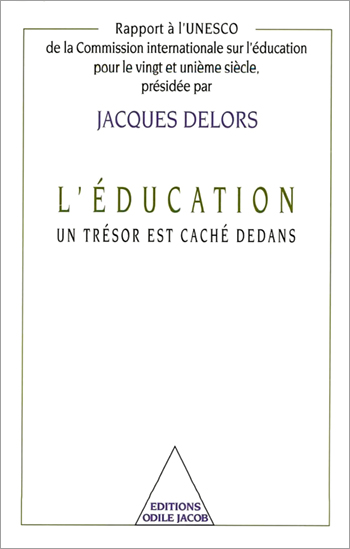
Jacques Delors
Education The Hidden Value Within
In this book, Delors specifies the educational objectives we should strive for: competence is vital, but it is equally necessary to prepare people to master knowledge, to teach themselves, to live together and, most simply, to be. We must invent and instill an approach to education that truly prepares men and women to take their own futures in hand, and such a feat implies not only economic efficiency, but also an adequate preparation for everyday life. Shouldn't the mastery of education be the next challenge taken up by the global community?
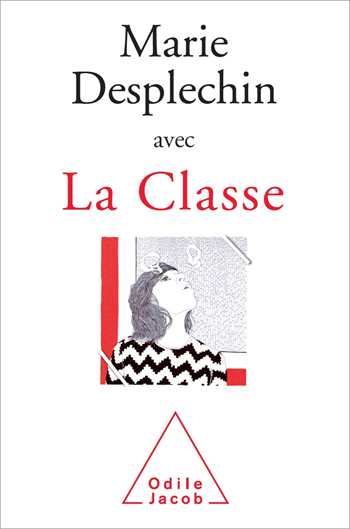
Marie Desplechin
The Class
Teenagers from a school in Lille speak out about their lives, joys and difficulties: Marie Desplechin has put together a fascinating book
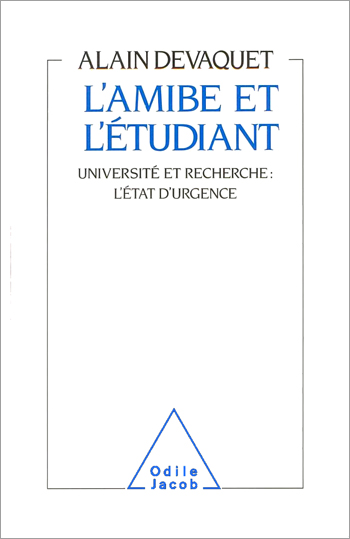
Alain Devaquet
The Amoeba and the Student University and Research: A State of Emergency
The student revolt of December 1986 translated the profound disarray of a university world faced with the mutations at work in modern-day France. In an analysis of the causes of the events that led to the repeal of his project of law on the universities. Alain Devaquet underlines the importance of the stakes represented by higher education and research on the future of a country and formulates an ensemble of propositions in light of their development. Alain Devaquet is a former minister of higher education and research, and a professor at the faculty of sciences of Paris.
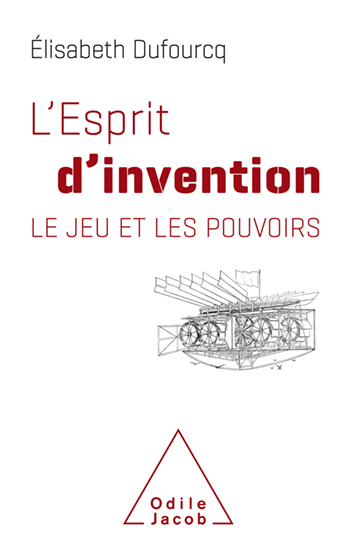
Élisabeth Dufourcq
The Spirit of Invention Power Play
A masterful panorama of the great scientific inventions. Much more than a history of science, an inquiry into the scientific mind, the logic of discoveries, the innovative strength of science.
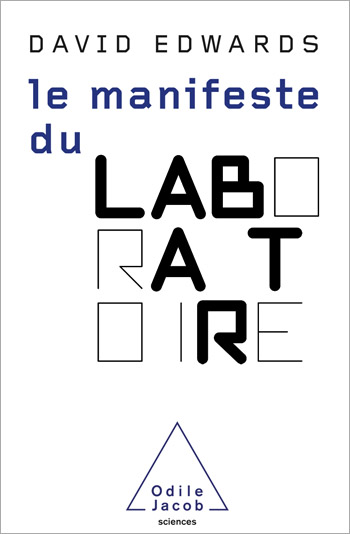
David Edwards
The Laboratoire’s Manifesto
The present work is about a very special kind of laboratory, which he founded and where creators and society can use the language of culture to communicate and to discover a new springboard for innovation.

